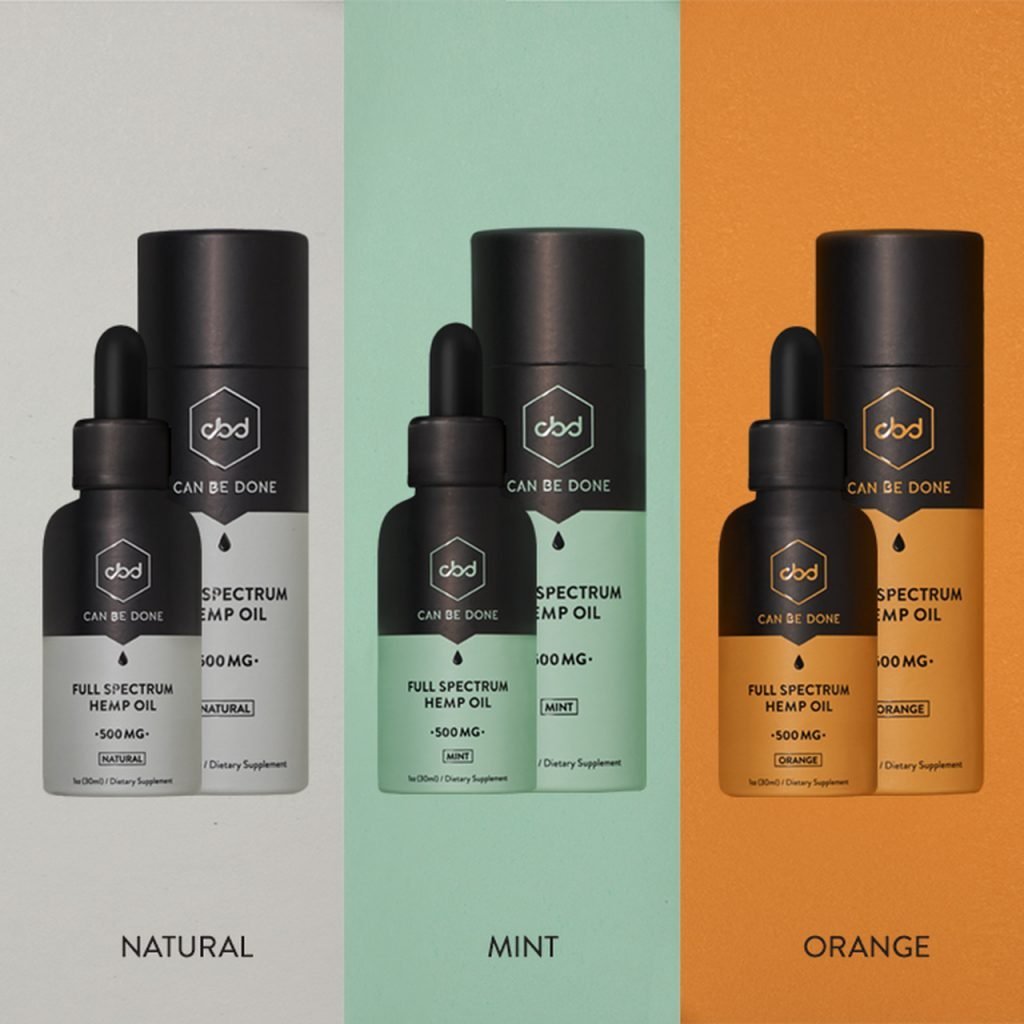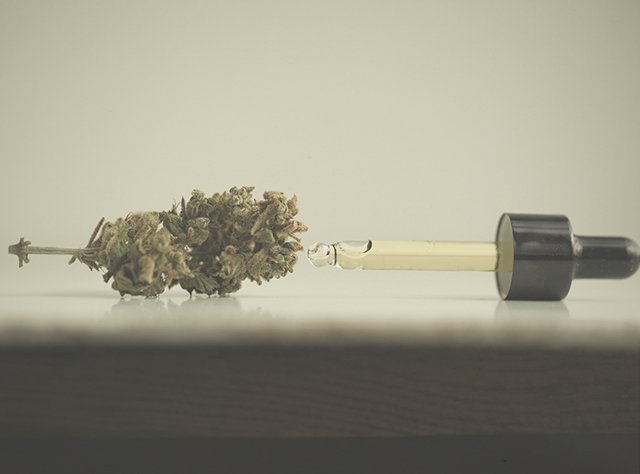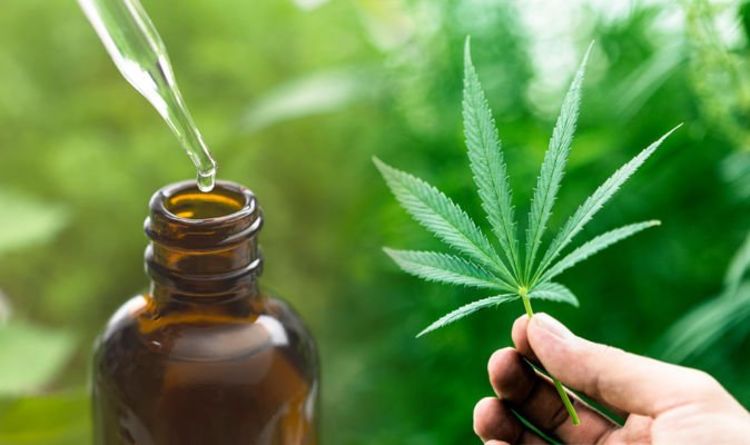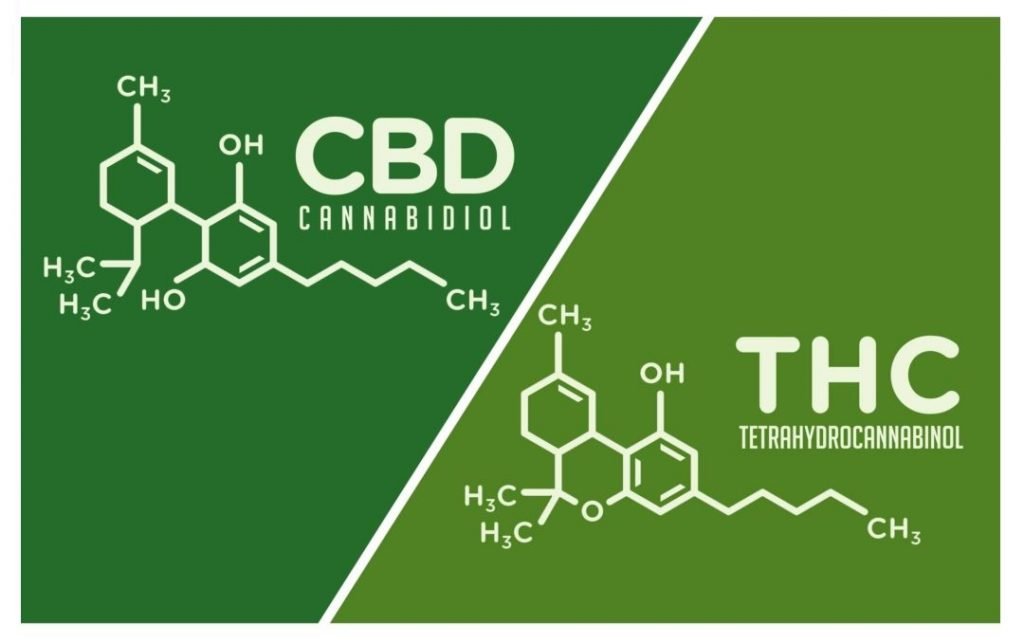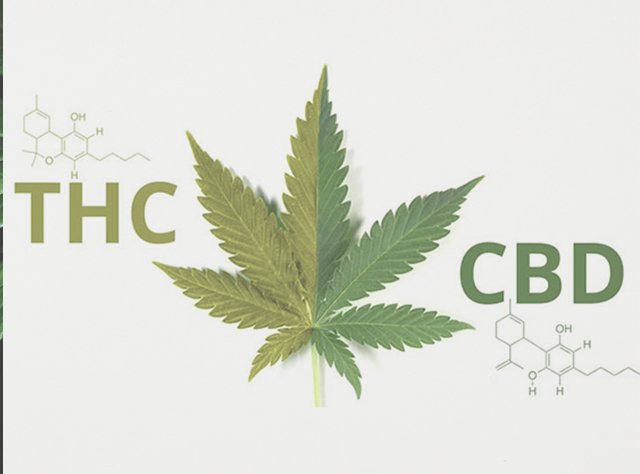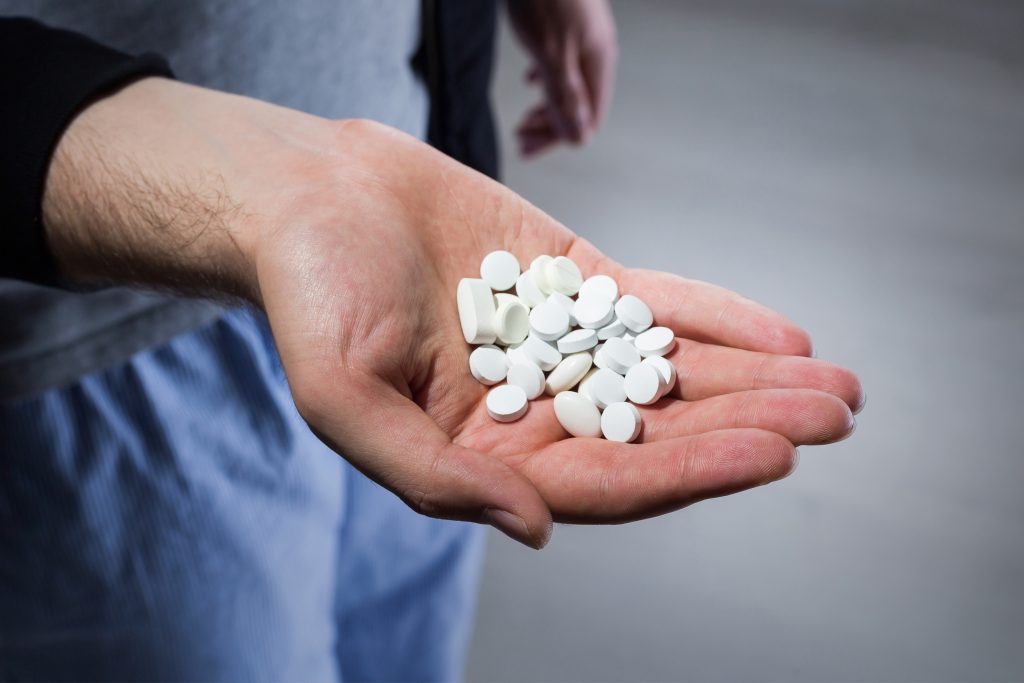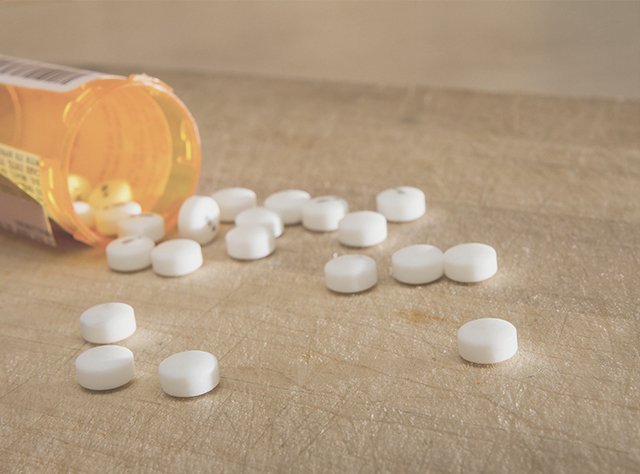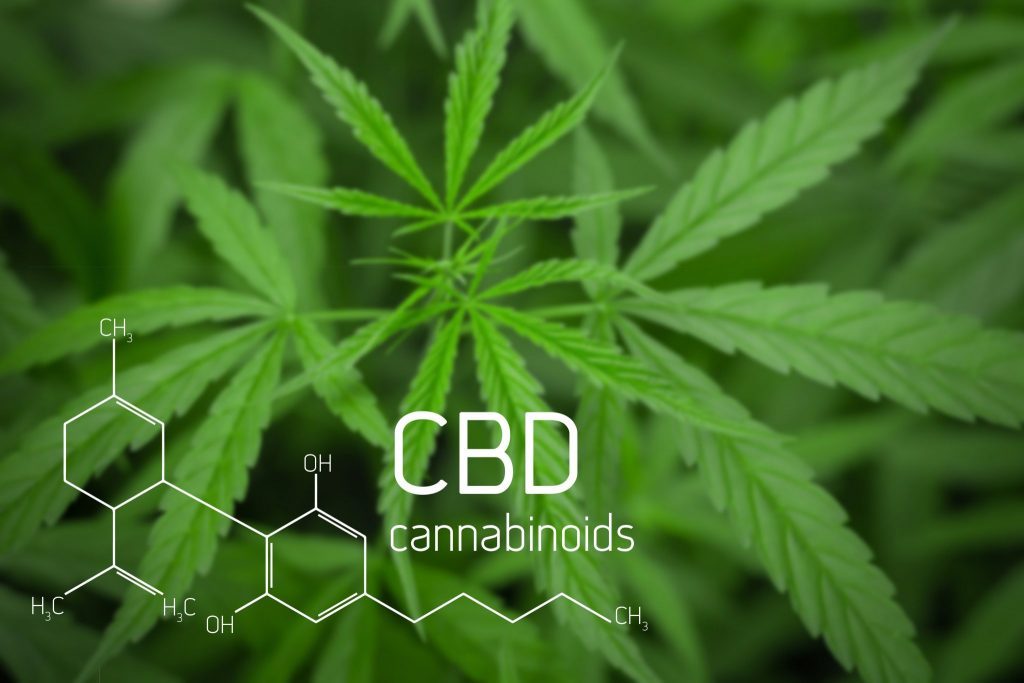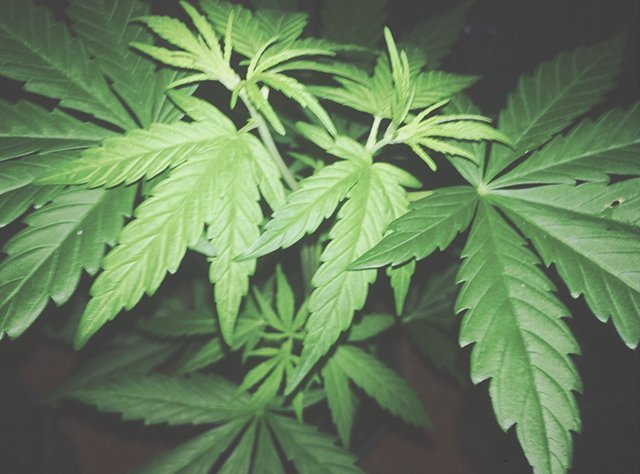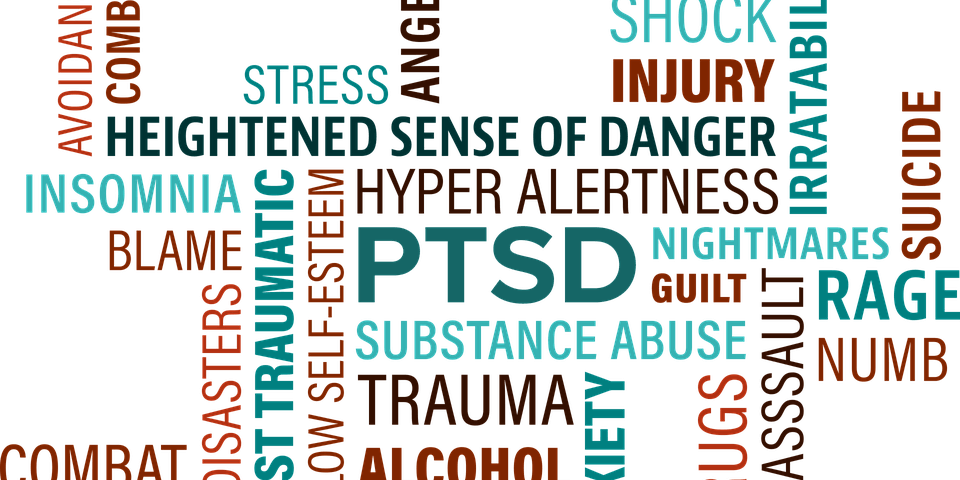

The use of CBD for PTSD treatment is a recent hot-button topic that has elicited mixed reactions across the board. But does it work? If so, how, and what are the potential side effects?
Cannabidiol has provided relief for a number of conditions, both psychological and somatic. Can CBD Help With PTSD? If recent studies are anything to go by, we might be staring at a new way to treat PTSD. This would mark yet another addition to a growing list of conditions that can find relief in CBD oil. But first things first, what is PTSD?
What is PTSD?
PTSD is a mental condition that develops after experiencing a terrifying or life-threatening situation. The condition is common among war veterans, survivors of natural disasters, victims of conflict and people subjected to violence. According to the American Psychiatry Association (APA), PTSD affects up to 3.5% of adults in the United States. The condition can affect people of all ages. However, women are twice as likely to have PTSD when compared to men. The APA further estimates that one in eleven people will get a PTSD diagnosis during their lifetime.
PTSD patients relive traumatic events through flashbacks or nightmares. They also feel sadness, extreme fear and severe anxiety. A feeling of detachment or estrangement from people is also common. Additional symptoms include being easily startled, poor concentration and insomnia. Exposure to reminders of the traumatic event trigger negative reactions leaving patients unable to cope with everyday life. CBD for PTSD is, therefore, a welcome development that may be part of the solution.
What is CBD?
Cannabidiol (CBD) is a compound derived from the cannabis species. It is among 113 known cannabinoids and unlike THC, isn’t psychoactive. CBD interacts with the body’s Endocannabinoid System (ECS) via the CB2 receptors associated with mood regulation and immune response. CB2 receptors are also involved with numerous other physiological functions such as fertility and maintenance of homeostatic balance.
CBD-PTSD Research
A study was conducted on rats exposed to Pavlovian fear-conditioning techniques. The aim was to determine whether CBD can promote fear extinction. The experiments were double-blind, placebo-controlled where one group received a dose of 32mg of CBD. The control group was treated with a placebo. Both groups were then exposed to colored boxes with an electric shock and boxes with no electric shock. Through this process, they were conditioned to fear boxes with an electric charge. At the conclusion, researchers found that the rats dosed with CBD elicited fear extinction.
Second, in a separate study, 11 people diagnosed with PTSD (who were also receiving routine psychiatric treatment) were dosed with CBD by qualified mental health experts. The study took place in an outpatient psychiatry clinic over a period of 8 weeks. The results show that 91% of the test subjects showed decreased severity of PTSD symptoms. Also, patients who initially complained about nightmares reported a dramatic improvement in the quality of sleep.
Both studies show that CBD is a promising treatment to promote fear extinction for PTSD patients. In the human tests, CBD was well tolerated with no instances of adverse effects. None of the participants showed any concerns or the need to have the trials terminated. However, additional tests are necessary to further substantiate the authenticity of the results from the human clinical trials.


How Does CBD for PTSD Work?
PTSD triggers the release of numerous hormones associated with the fight or flight responses, fear and stress. A combination of these hormones puts a patient with PTSD in a perpetual state of extreme fear, anxiety and vivid flashbacks. CBD helps PTSD patients by dampening the fear responses through a process known as fear extinction. Fear extinction is a decline in the response to learned or conditioned fears.
Pre-clinical studies on fear extinction have demonstrated that CBD can indeed provide effective relief from learned fears. This occurs via the disruption of traumatic memory reconsolidation. This means that stored traumatic memories aren’t recalled as originally witnessed, thereby dampening the body’s reaction. As a result, a PTSD patient remembers the original event and how it actually happened differently. Thus, fear responses decrease.
CBD as treatment for PTSD is an option to promote fear extinction and improve the mood of the individual. It also boosts the production of the body’s endorphins or “feel good hormones.” The outcome is a general feeling of wellness, better sleep and consequently better health.
Potential Side Effects and Contra-Indications
Phytocannabinoids come with side effects which may vary from one person to another. CBD’s potential side effects include:
- Nausea
- Diarrhea
- Low blood pressure
- Vomiting
- Abnormal changes in mood and appetite
CBD may also cause negative drug interactions with a number of drugs prescribed to manage pain. CBD oil and CBD infused products are not a substitute for professional medical care. We recommend that you seek a physician’s opinion prior to self-medicating with CBD oil. Pregnant women should not consume CBD products because CBD permeates the placental barrier, which may harm an unborn child.
Conclusion
In conclusion, a great deal of research is still ongoing, but there is much to be hopeful for. Preliminary studies point towards the use of CBD as a therapeutic alternative for PTSD. PTSD can severely impede a person’s ability to function and increase the chances of substance abuse. Conventional treatments used to treat PTSD involve medication and/or psychotherapy. While it’s still early, CBD has shown promise to treat PTSD, along with a full psychiatric treatment regime.
Hopefully, we’ve answered some questions you may have had regarding CBD and PTSD. Lastly we wish you and your loved ones good health and if you’re in the market for CBD, try some of our full spectrum CBD oil.

